Having spent so long off our bikes during our days of rain, we got our pedal on and before we knew it we were leaving Slovenia having our passports checked for the first time in our trip, as we left the Schengen zone and made our way into Croatia.
Slovenia had felt like a bit of a threshold for me – out of western Europe and into the Balkans, and the the first country of our trip that I’d never been to before. But if Slovenia was the threshold, Croatia was on the other side – culturally, economically and linguistically. Numbers of free-range chickens and small red tractors reached new previously unseen levels, and the size of woodpiles quadrupled in comparison to their Alpine cousins. Previously we had been able to get by communicating in all the countries we’d passed through – Pedro bluffing his way with Spanish, French and Italian and me with German. The Slavic languages were something else though, we didn’t even know where to begin pronouncing place names.
On our second night in Croatia (there were only three), after being scared away from a potential wild-camping spot by some very big, very loud and very persistently barking dogs we retreated down the track and through the power of sign language asked a friendly looking old man if we could pitch our tent in his field for the night. He kindly obliged, and made sure we had food to cook at his picnic table before he retreated inside.
It wasn’t until the next morning that we learnt that he spoke Italian allowing our hand communication to be upgraded to words, for Pedro atleast.
Despite the fact that it had stopped raining, we seemed to spend the majority of our days up until lunchtime surrounded by mist. It often felt, as the sun set at 17h, that it had never really risen at all during the day. Brief spells of blue sky and sunshine were celebrated and a rapid delayering would occur as we were finally treated to views of our surroundings.
If our time in Slovenia was marked by the presence of water, in Croatia it was marked by the police. There seemed to be police in cars, jeeps and vans everywhere – parked by tracks and speeding past us down the road. It took us a little while before we realised why their presence was quite so pronounced.
On our third and last night in Croatia (although we didn’t know it at the time), we found ourselves a camping spot in an unused field just off a dirt track about half a kilometre away from the road. A circle of stones and ash suggested we weren’t the first ones to camp there. We cooked some food and were asleep in no time.
Just as the sun was beginning to rise the next morning, we were pulled from our drowsy half-asleep state by the sound of a car outside our tent.
Pedro peered out through the ventilation flap. It was the police. Although wild-camping is illegal throughout most of Europe it is often tolerated if you stay only one night and leave no trace. In Croatia however we had heard they were less leniant towards wild-campers. Busted.
We lay silently, waiting for the engine to stop and for them to call out to us. But nothing. The sound of the jeep eventually slowly faded away as they bumped their way back down the track towards the road.
We waited a few minutes more before quickly packing up our bags and taking down the tent before they would have the opportunity to change their minds and come back. It was only just past 07h and we were back on the road.
As we pedalled away from our camping spot towards the border of Bosnia and Herzegovina, we put together the pieces of the jigsaw puzzle. Throughout the day we continued to see an unusually high number of police, in particular in vans. We probably saw more police over these two days than we had over the entirety of our trip.
That evening as the light was fading, we crossed another imaginary line – perhaps the most significant imaginery line of our trip so far – not just separating Croatia and Bosnia and Herzegovina, but marking the boundary of the EU.
As we sailed across the border and got the first stamps in our passports, we acknowledged the golden tickets that we both held, having had the apparent privilege of being born in countries within the EU. We rolled through the border villages with the aim of reaching a campsite in the town of Ripac. Along our way we saw multiple groups of 4 or 5 young men, probably teenagers, carrying backpacks, sleeping bags and blankets, slowly walking towards the town or settling down on the side of the street to eat. Unfortunately we had little to offer them other than friendly greetings and directions if they asked.
Seeing these young men however, sadly confirmed our suspicions of the reasons for the hive of police activity that we had seen in Croatia. The police clearly weren’t interested in rogue wild campers, in their minds they had bigger fish to fry. They were looking for people without our “golden” tickets, fleeing their homes in search of a better life in Europe, trying to cross the border into Croatia.
Reading more online further reinforced our thoughts, and in fact the situation is much worse than that we had had insight into. For those that wish to be better informed, the two articles below give you some perspective on the situation. We crossed the border close to a town called Ripac, just south of the city of Bihac mentioned in the articles.
Thankfully the people we saw didn’t appear to be hurt, physically atleast, in the brutal way described in the articles. But we were at a loss as to what we could do to help with such little carrying capacity. We vowed to stock up on bars of chocolate to be able to offer a small gesture of kindness to the next groups of people that we saw who must have faced so much hostility along their way.
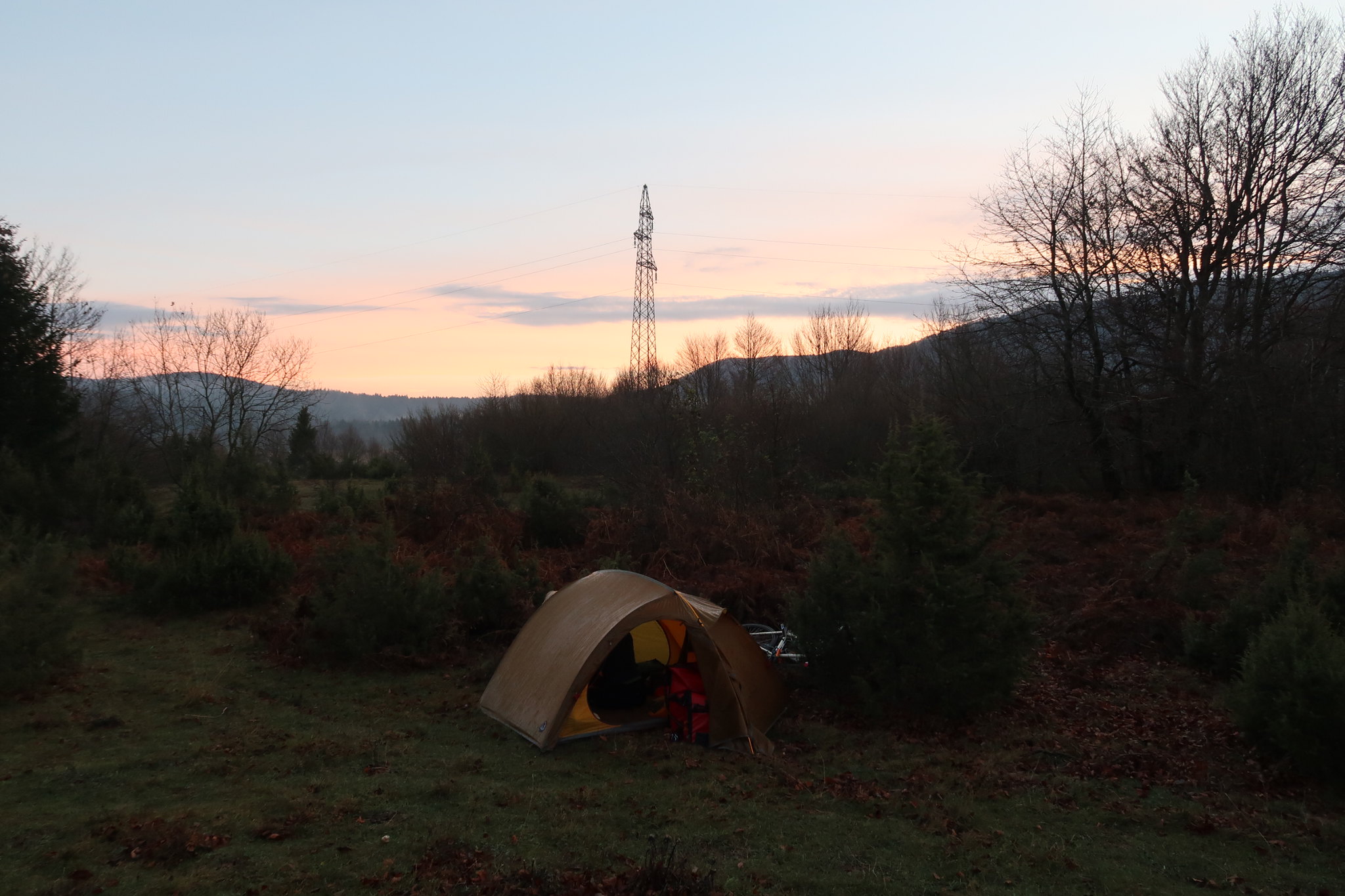
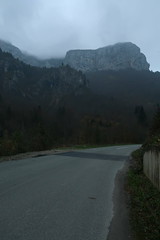
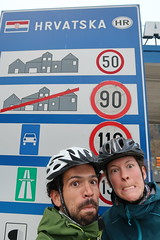
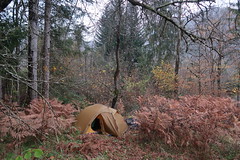
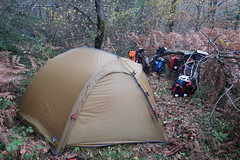
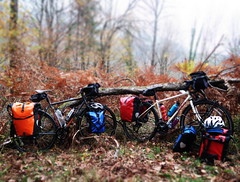
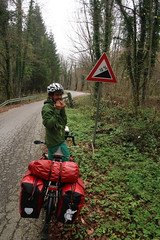

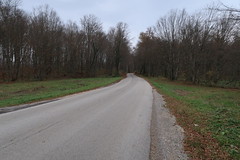
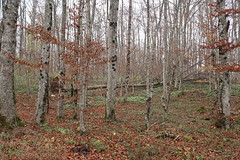
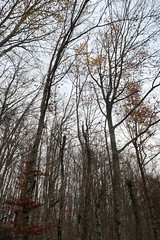
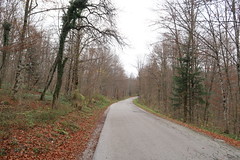
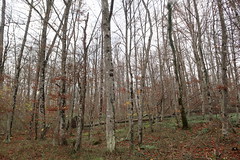
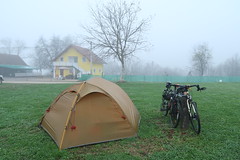
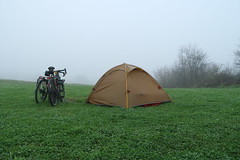
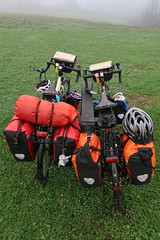
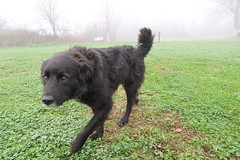
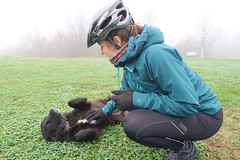
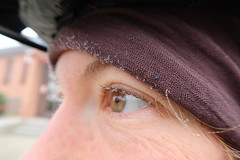
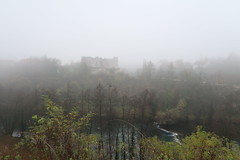
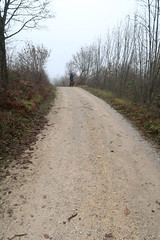
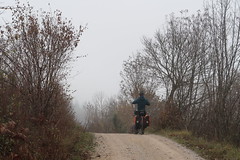
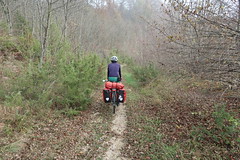
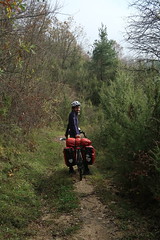
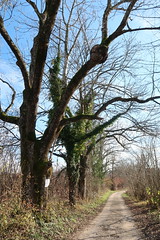
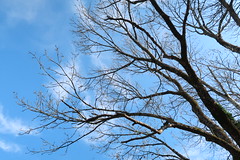
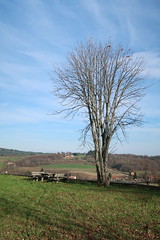
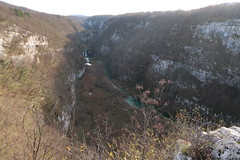
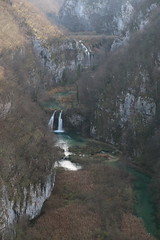
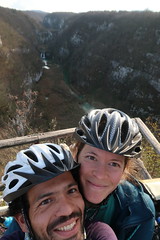
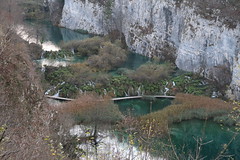
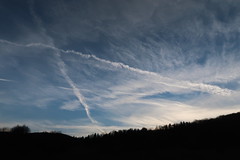
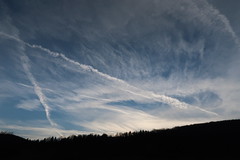
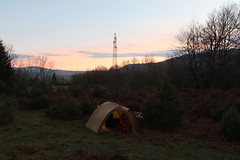
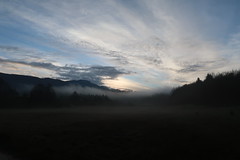
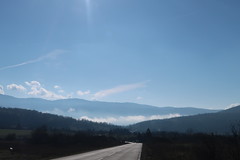
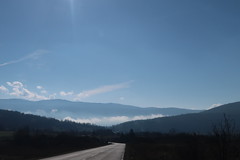
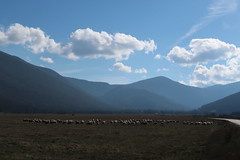
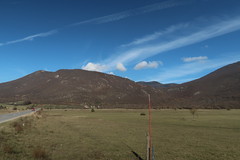
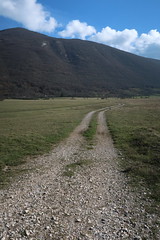
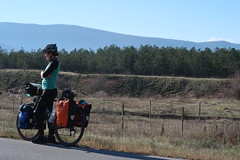
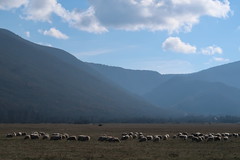
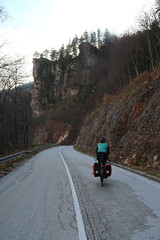
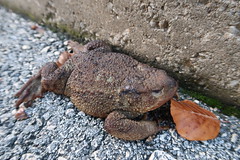
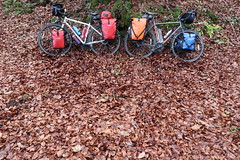
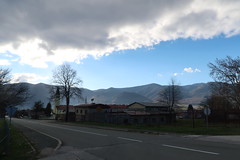
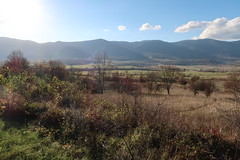
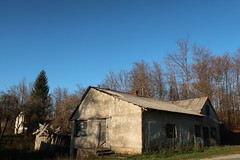
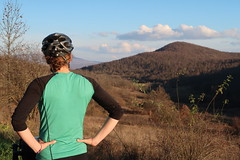
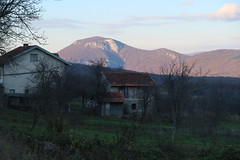
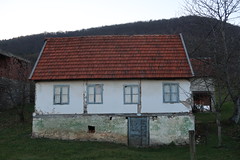
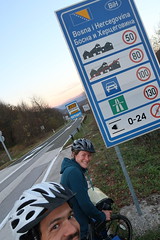
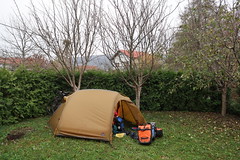
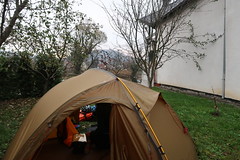
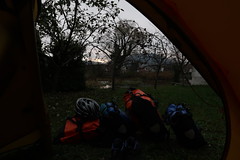
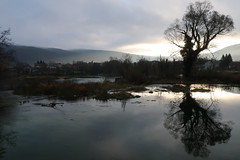

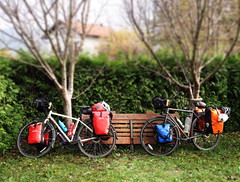
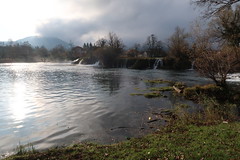
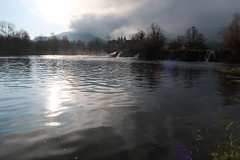
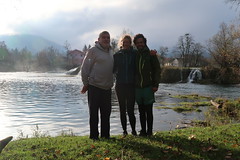
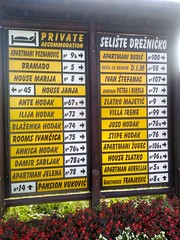
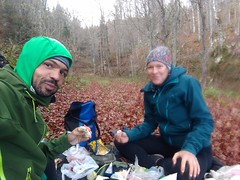
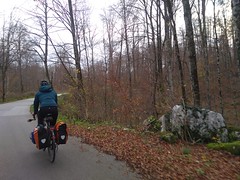
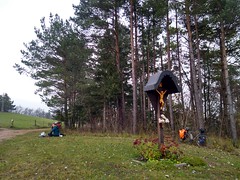
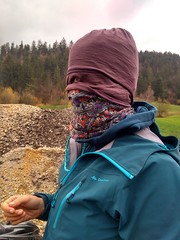
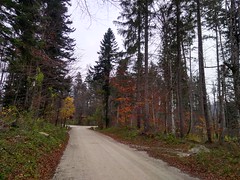
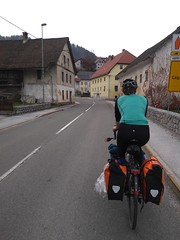
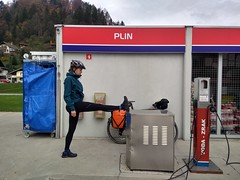
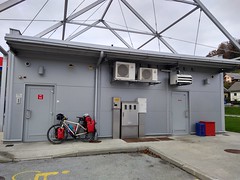
I admire you guys doing this huge venture! Very interesting read and quite an eye opener. Lovely photos too. Keep up the good work. I was particularly touched by your kind hearts and your willingness to help others on your way. Although we traveled through some eleven countries in Europe, we were in our car and staying in people’s lovely homes on Airbnb. So hats off to you Sarah and Pedro.
(A friend and ex- work colleague of Sarah’s mum)